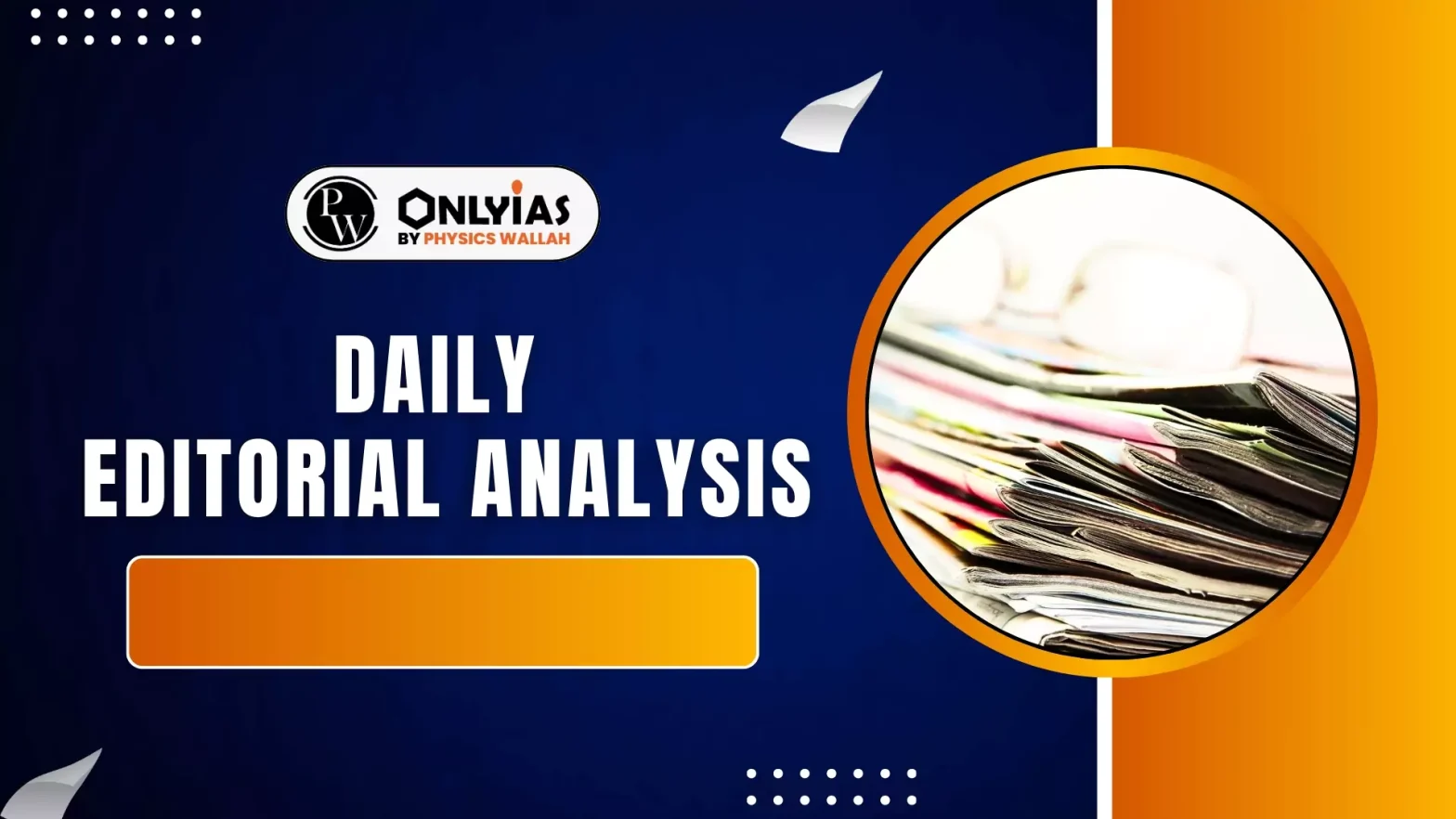The Jan Vishwas (Amendment of Provisions) Bill, 2025, introduced in Lok Sabha recently, seeks to amend 16 Central Acts in order to decriminalise and rationalise certain offences and penalties.
- This is the second Jan Vishwas legislation brought in by the government.
- The first, the Jan Vishwas (Amendment of Provisions) Act, 2023, decriminalised 183 provisions in 42 central acts administered by 19 ministries/departments.
The Need for Jan Vishwas 2.0
- Over-criminalization: India is burdened by an extensive web of laws.
- A study by the Vidhi Centre for Legal Policy revealed that out of 882 central laws, 370 contain criminal provisions, defining 7,305 crimes.
- Over 75% of these crimes are not “core crimes” like theft or murder but relate to regulatory areas such as shipping, taxation, financial institutions, and business compliance.
- This leads to an “over-criminalization” of minor mistakes.
- Disproportionate Punishments: Many laws prescribe unjustifiably harsh punishments for seemingly minor offences, demonstrating a lack of proportionality between the crime and the penalty.
- Such laws often stem from colonial-era thinking and an overly paternalistic state, giving excessive discretionary power to authorities.
- This contradicts the legal principle that “the law does not concern itself with trifles” (De minimis non curat lex).
- Burden on Businesses: The current legal framework creates significant hurdles for entrepreneurship.
- Businesses in India must comply with 69,233 compliances, and nearly 37% of these carry imprisonment clauses.
- This fosters a “fear psychosis” among entrepreneurs, diverting their focus from innovation to compliance and the fear of imprisonment.
- Strain on the Judiciary: The large number of minor offences with criminal provisions significantly burdens India’s already overloaded judicial system.
- As of August 24, 2024, district courts alone had over 3.6 crore pending criminal cases.
- Many of these are minor technical matters that clog the courts, preventing them from focusing on serious crimes and delaying justice.
Key Features of the Jan Vishwas 2.0 Bill
- Decriminalization of Offences: The bill proposes to amend 355 provisions across the 16 Central Acts.
- Out of these, 288 provisions will be decriminalized to foster ease of doing business, and 67 will be amended to facilitate ease of living.
- This means that for many minor violations, the threat of imprisonment will be removed.
- Introduction of Warning and Improvement Notices: For 76 specified offences under 10 acts, the bill introduces the concept of a “warning” and “improvement notice” for first-time offenders.
- For example, in the Legal Metrology Act, if a shopkeeper uses non-standard weights, they will first receive an improvement notice to rectify the issue within a given timeframe, rather than facing immediate punishment.
- Only upon failure to comply would a penalty be imposed.
- Removal of Imprisonment Clauses for Minor Defaults: The bill explicitly removes imprisonment provisions for minor, technical, or procedural errors.
- These will be replaced with monetary penalties or fines.
- For instance, the Electricity Act 2003, which previously stipulated a three-month jail term for non-compliance with orders, will now impose a fine ranging from Rs. 10,000 to Rs. 10 lakh.
- Rationalization of Penalties: Fines are being rationalized to make them more effective and relevant to current economic conditions.
- The bill mandates higher penalties for repeat offences.
- Furthermore, to ensure fines remain deterrent over time, the bill introduces an automatic 10% increase in the penalty amount every three years.
- This mechanism accounts for inflation and eliminates the need for frequent legislative amendments to adjust penalty amounts.
- Amended Acts and Vision: The Jan Vishwas 2.0 Bill will amend crucial laws, including the Reserve Bank of India Act, 1934, the Drugs and Cosmetics Act, 1940, the Motor Vehicles Act, 1988, the Electricity Act, 2003, and the Legal Metrology Act, 2009, among others.
- This initiative aligns with the government’s broader vision of “Minimum Government, Maximum Governance”.
- It signifies a fundamental mindset shift within the government, moving from a role of a strict regulator to a facilitator.
- The bill reflects a newfound trust in the public, aiming to reform citizens rather than merely punish them.
- This reform is expected to reduce unnecessary legal hurdles, simplify the regulatory environment, and ultimately promote ease of living and doing business.
Current Status
The Bill has been referred to the Select Committee of the Lok Sabha, which is supposed to submit its report by the first day of the next session.
![]() 25 Aug 2025
25 Aug 2025
